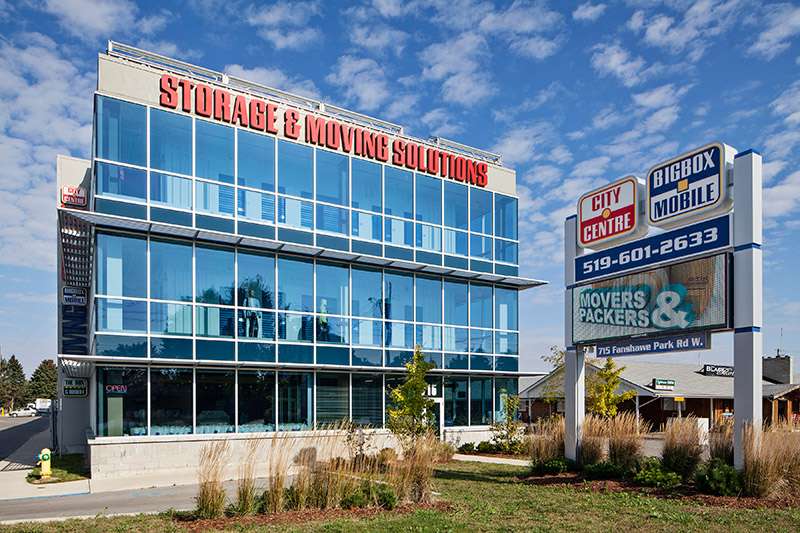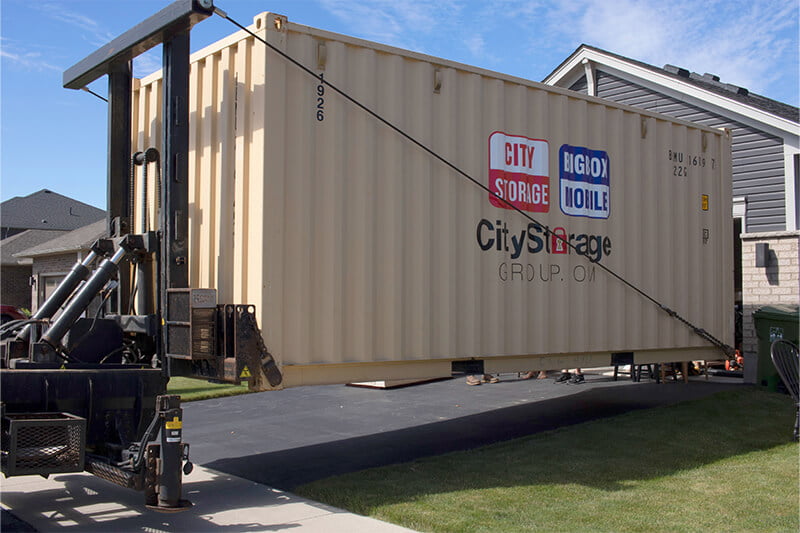Losing a loved one is never easy, but temporary storage after death can provide time and space to grieve. On top of the emotional toll, you must make countless decisions, from funeral arrangements to legal matters, all while navigating a new world without that family member.
One practical challenge many face during this time is what to do with the deceased’s belongings. Rushing through it may not allow for proper grieving or thoughtful decision-making. In these situations, temporary storage after death can offer a helpful and compassionate solution.
Why Consider Temporary Storage?
When someone passes away, especially unexpectedly, their home and possessions must be addressed. Whether you’re the executor of the estate or a grieving relative, you may not be emotionally ready, or legally able, to make quick decisions about what to keep, donate, sell, or discard. Temporary storage provides a buffer, offering the time and space to work through these choices without pressure.


Delaying Difficult Decisions
Many people find sorting through a loved one’s belongings to be one of the hardest parts of the grieving process. Every item can hold sentimental value, and it’s common for family members to disagree about what should happen with certain things. Using a storage unit can delay those decisions until emotions have settled and everyone is better able to handle the situation.
Renting a storage unit allows families to remove items from a home or apartment that needs to be vacated quickly, such as a rental property or assisted living facility, without forcing immediate emotional decisions. Once you secure everything in storage, you can revisit the items later when you’re better equipped to process them.
Helping Executors Manage Responsibilities
As an executor of the estate, you must juggle legal paperwork, bank accounts, real estate, and family expectations, often while grieving yourself. Renting a storage unit gives you one less thing to worry about in the short term. You can safely secure personal possessions, legal documents, and valuables in a central location until decisions can be made or probate is complete.
Most facilities allow access to the unit to be shared among trusted individuals, making it easier for co-executors or family members to assist in the process. This also helps prevent items from being lost, removed, or damaged during this uncertain time.


Practical Advantages of Temporary Storage After Death
Beyond emotional and legal considerations, several practical reasons make temporary storage after death a wise move:
- Time Flexibility: City Storage Group offers month-to-month rental options, giving you flexibility depending on how long you need the unit.
- Security: Items stored in a professional storage facility are typically more secure than in an unoccupied home.
- Climate Control: Some items, such as photographs, documents, or antique furniture, may need to be stored in climate-controlled environments to prevent deterioration.
- Organizational Benefits: Removing items from their original place and putting them in a neutral, accessible location often makes sorting and organizing the contents of an estate easier.
Working With a Facility Manager
When renting a storage unit, a supportive and experienced facility manager can make a big difference. City Storage Group offers compassionate service and understands the sensitive nature of your situation. We have experience in assisting people during transitions such as death, divorce, or downsizing and can recommend the right unit size, access arrangements, and rental terms to suit your needs.
Be sure to ask about:
- 24/7 access to the unit, if needed
- Short-term rental options
- Insurance coverage for stored items
- Moving assistance or referrals to local services


Managing Shared Access Among Family Members
In some families, emotions can run high after a loss, especially regarding inheritance or sentimental belongings. Using temporary storage allows you to remove the items from the home and place them in a neutral location. With shared access arranged through the storage facility, everyone can take time to reflect and make thoughtful decisions together, instead of under pressure or in conflict.
For added security and clarity, it’s helpful to keep a detailed inventory of what has been placed in storage. Photos, lists, or even video documentation can help prevent misunderstandings and protect the interests of the estate and its heirs.
Respecting Grief, Creating Space
Grief does not run on a schedule. While some people may be ready to go through a loved one’s belongings within weeks, others may need months or even longer. By choosing temporary storage after death, you give yourself and your family the gift of time. Time to grieve, to gather together, and to make decisions with care rather than haste.
It’s not about putting off responsibilities indefinitely. Recognize the emotional weight of these tasks and honour the life and memory of the person who has passed away.


Final Thoughts
The death of a family member comes with many layers of loss: emotional, logistical, and often physical, in the form of their belongings. Temporary storage after death offers a compassionate and practical solution that creates space for healing, clarity, and respect.
Whether you’re acting as executor of the estate, supporting a grieving relative, or managing your own loss, a secure, well-managed storage unit can provide peace of mind during an otherwise overwhelming time.
When you’re ready, the items will still be there, waiting, not pressuring. In the meantime, you can focus on what matters most: taking care of yourself and your loved ones.






